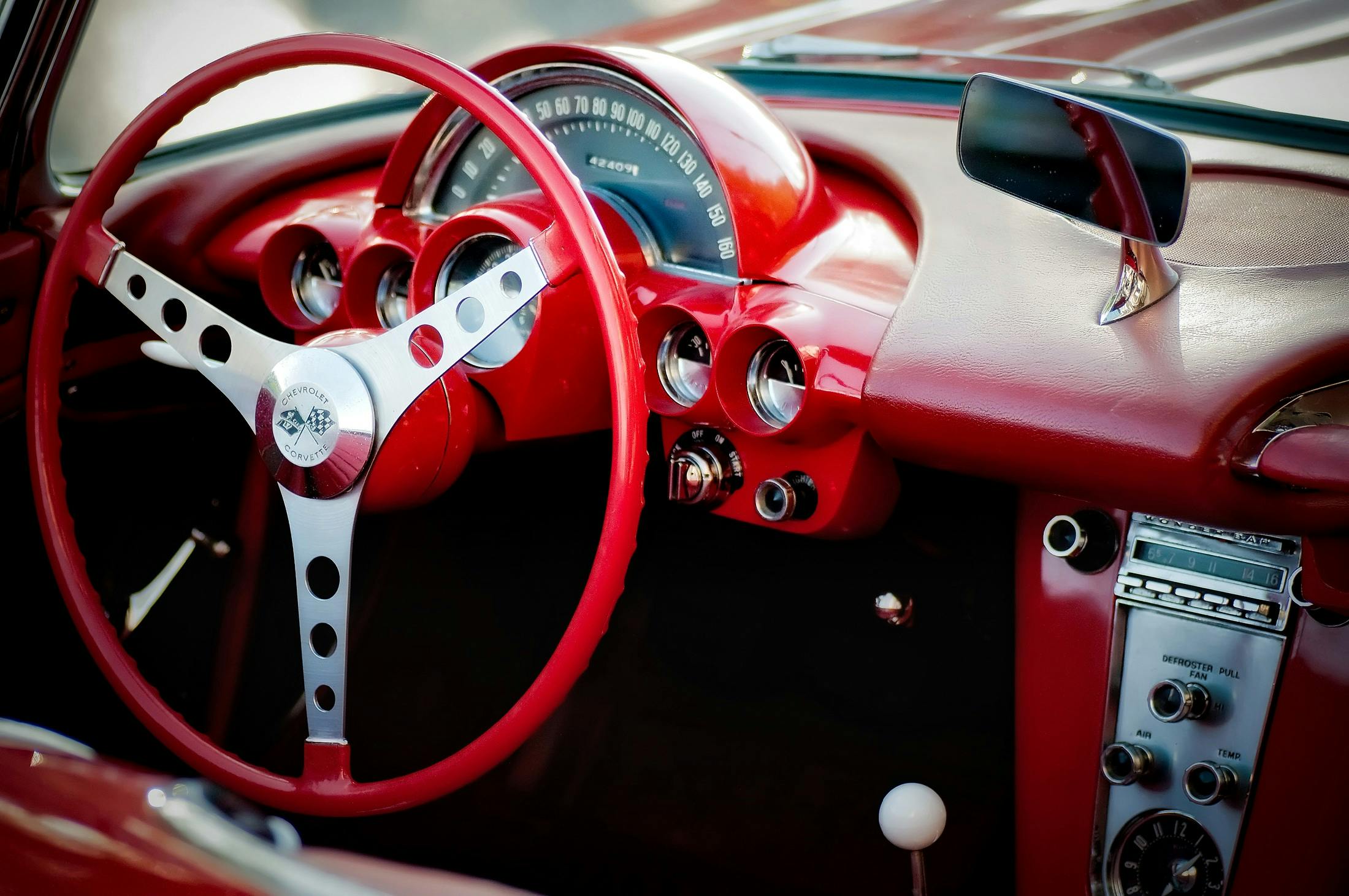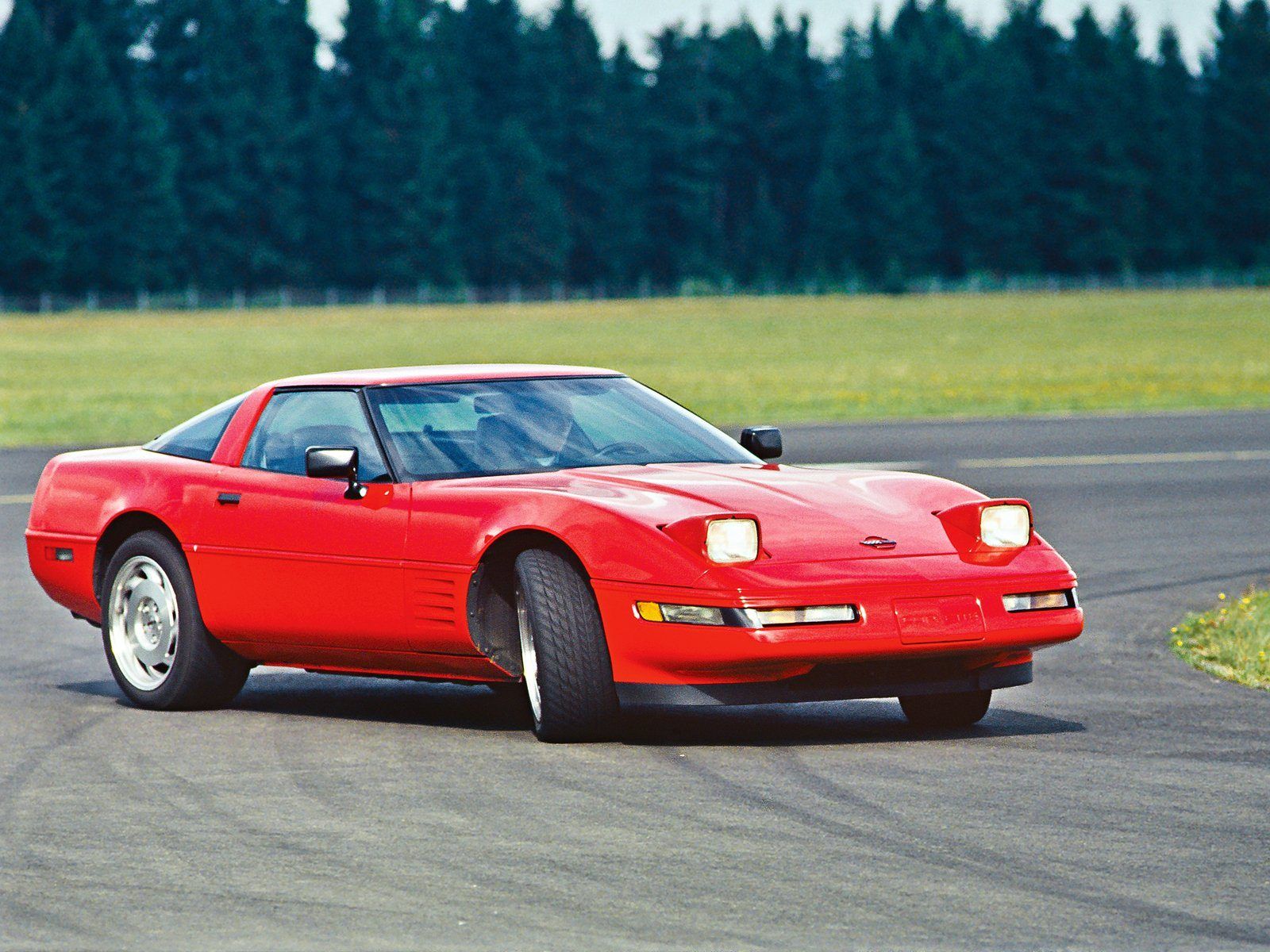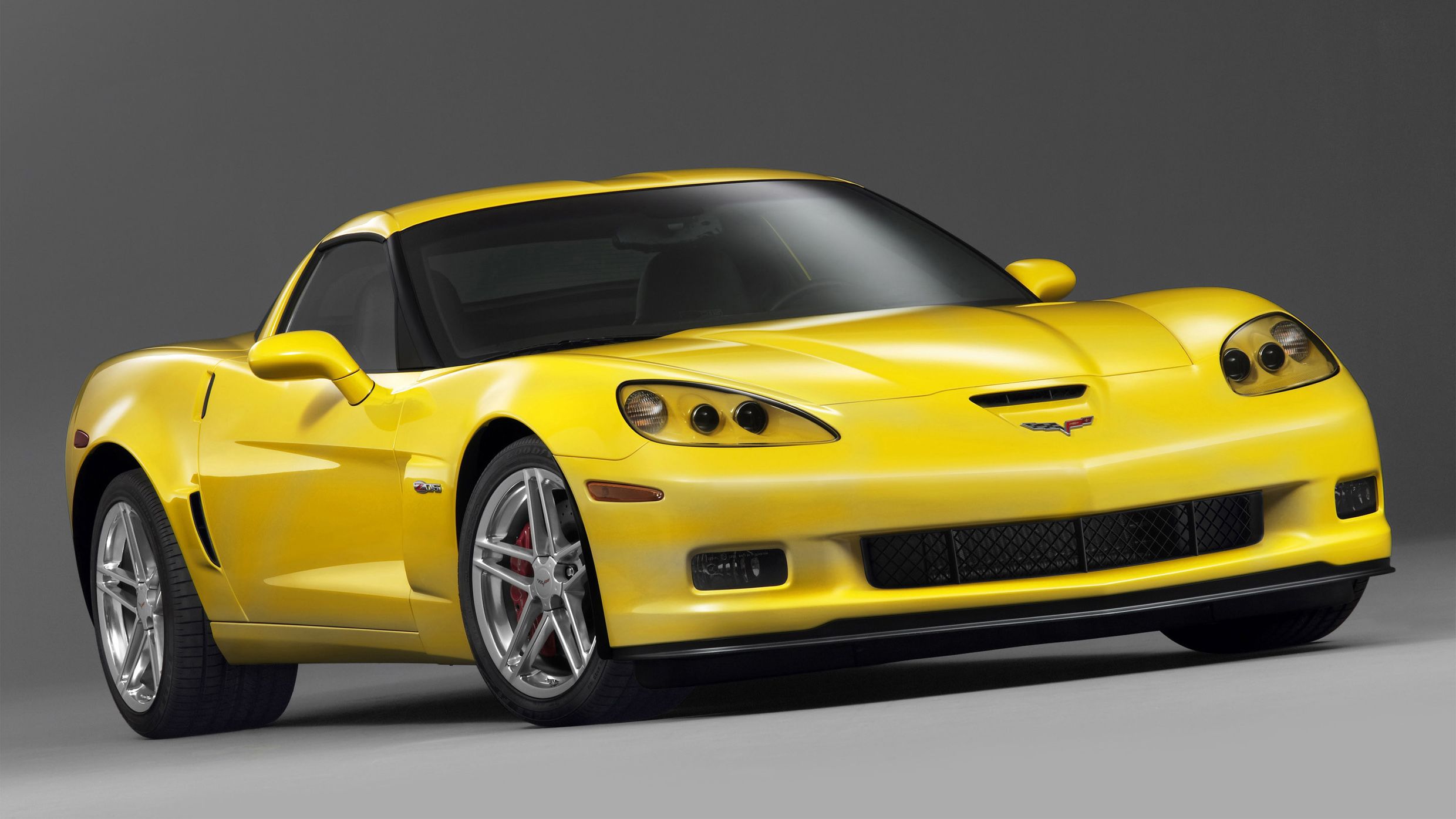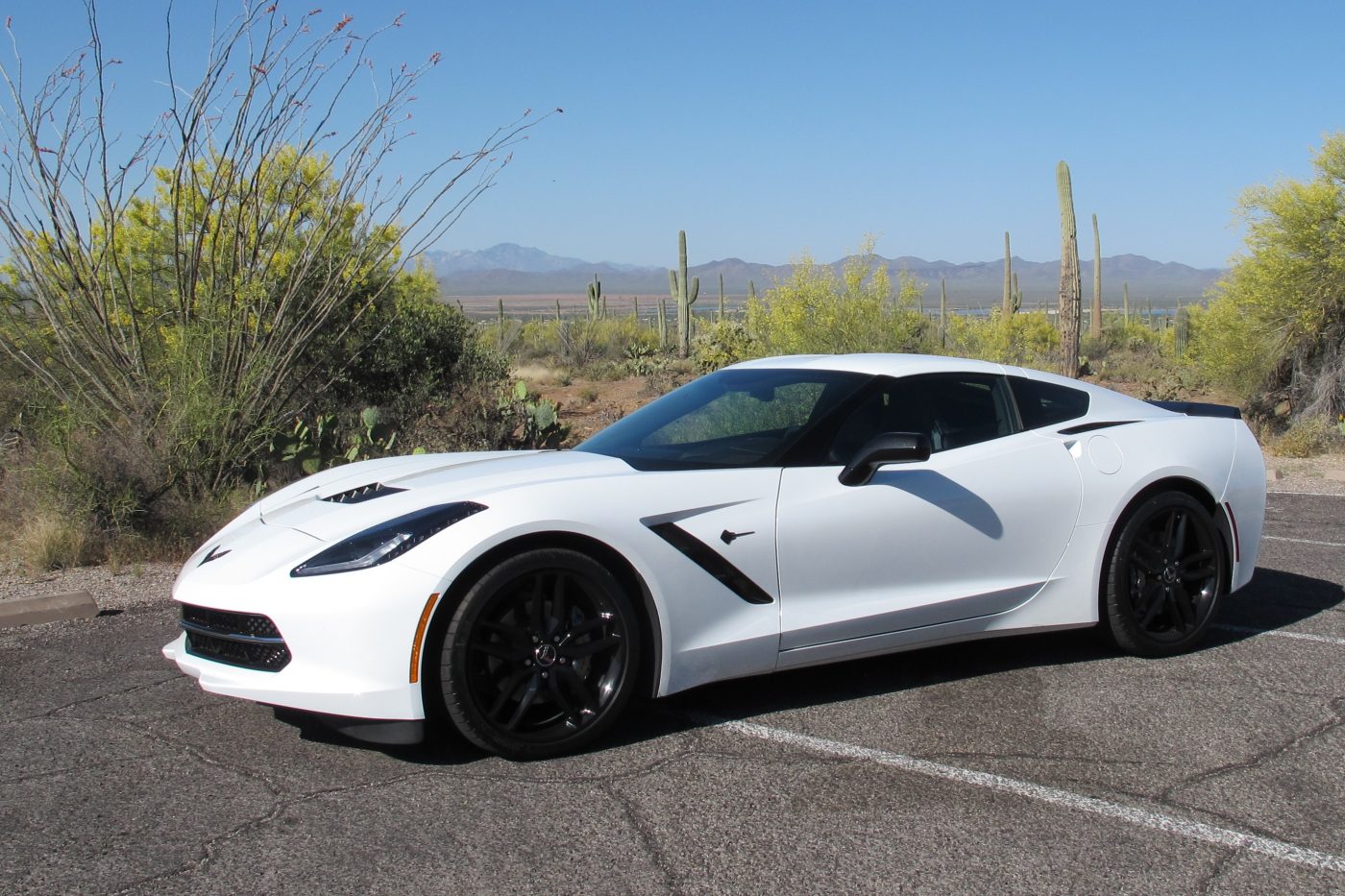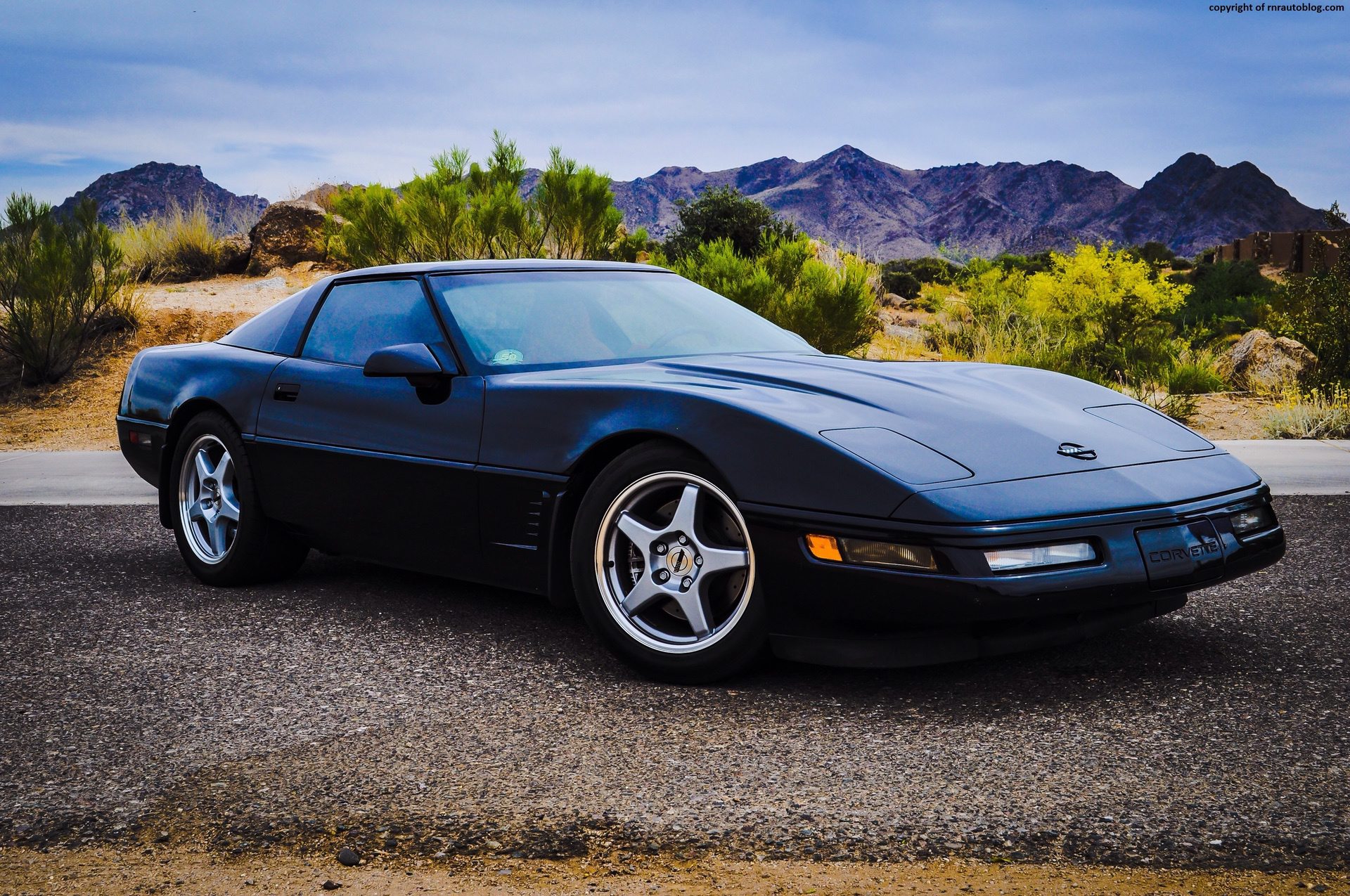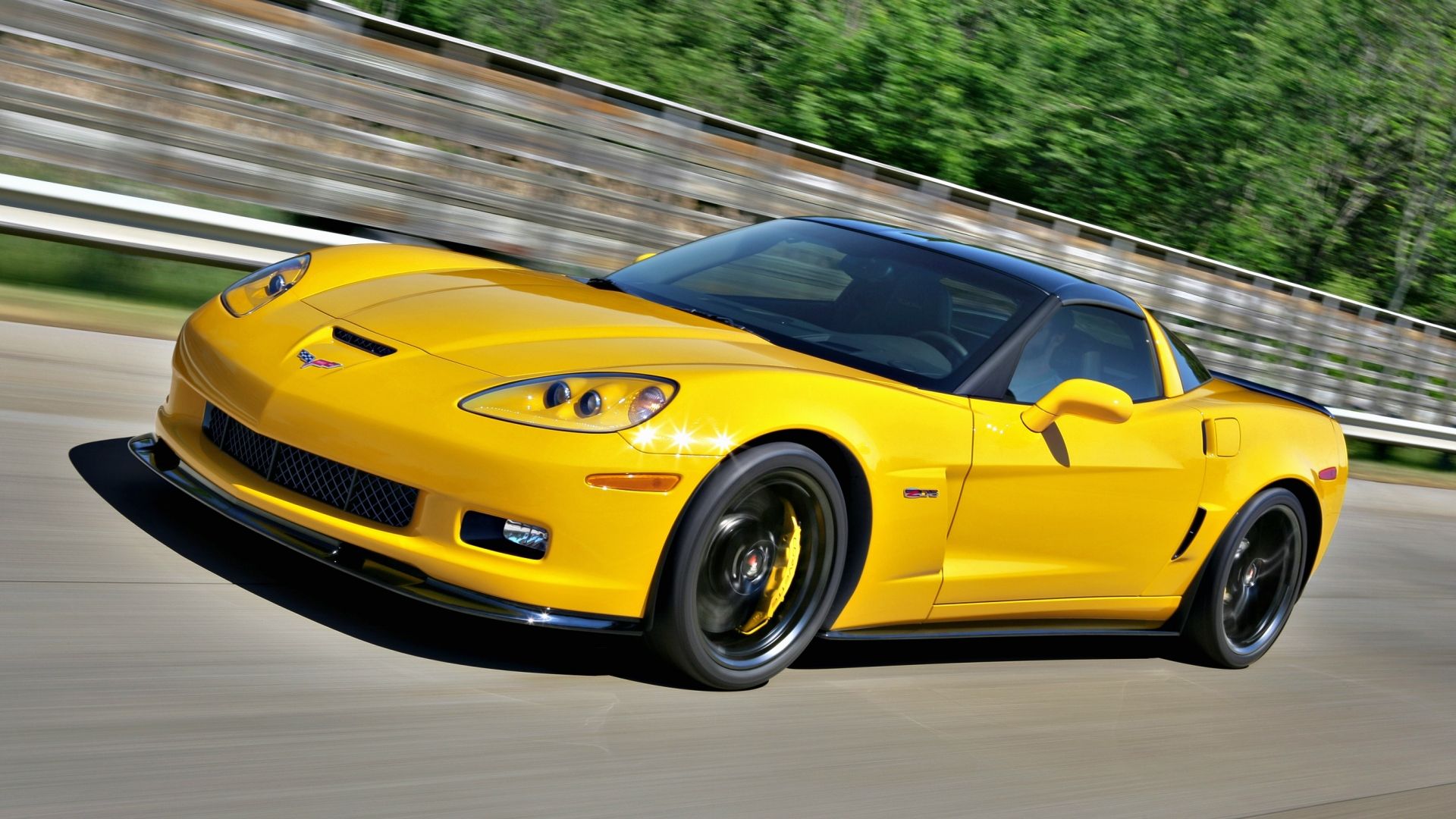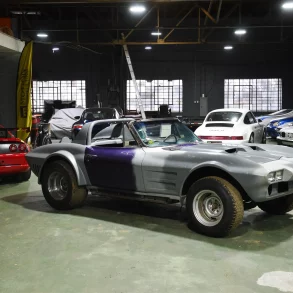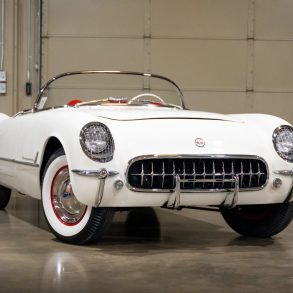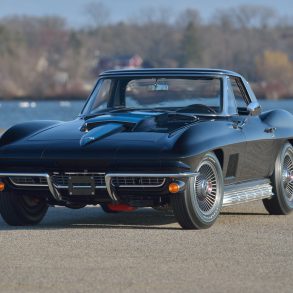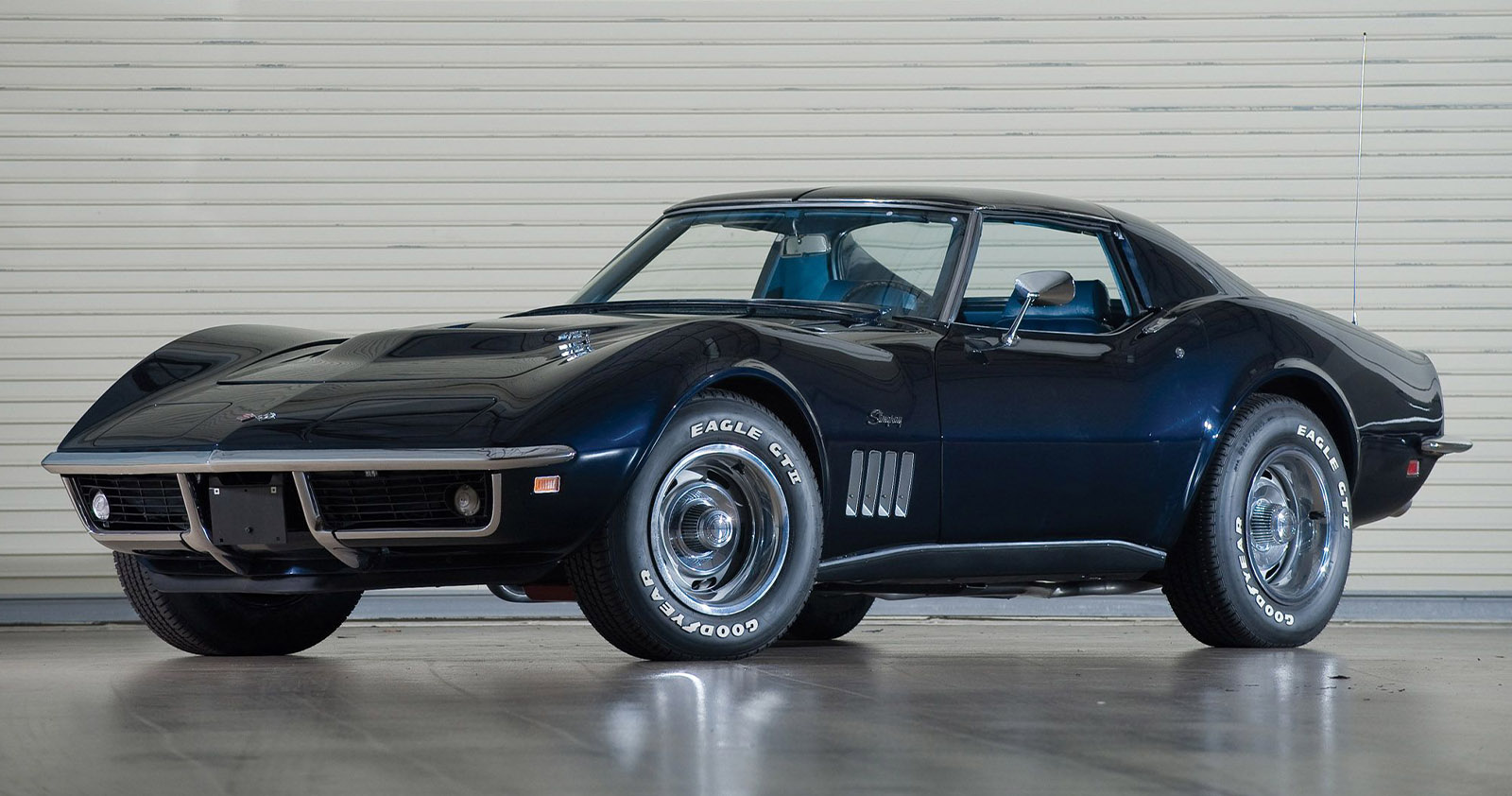Corvettes have long been synonymous with American performance, but not every model is built the same when it comes to reliability. While sports cars often have a reputation for being high-maintenance, some generations of the Corvette have stood the test of time. Whether you’re looking for a fun weekend cruiser or a dependable daily driver, certain Corvettes rise above the rest in terms of durability.
When determining reliability, we considered factors such as engine longevity, transmission strength, common failure points, and maintenance costs. Based on these criteria, here are the most reliable Corvettes you can buy today.
Reliable Corvette Generations
C4 Corvette (1984–1996)
The C4 generation helped modernize the Corvette, and while early models had their quirks, later versions proved to be incredibly durable. The LT1 engine (1992–1996) was a highlight, delivering both performance and longevity, while the later LT4 (1996) added even more power without sacrificing dependability.
- The 6-speed manual transmission (found in later models) is nearly bulletproof.
- Parts are widely available and relatively affordable.
- Well-maintained examples can exceed 200,000 miles with ease.
C5 Corvette (1997–2004)
The C5 is often regarded as one of the best-used Corvettes to buy, thanks to its rock-solid LS1 engine and simple yet effective design. It introduced modern technology without excessive complexity, making it both powerful and reliable.
- The LS1 V8 is known for durability and ease of maintenance.
- Fewer electronics mean fewer electrical issues compared to later models.
- The Tremec T56 manual transmission is known for its longevity.
C6 Corvette (2005–2013)
With an upgraded LS2 (2005–2007) and later LS3 (2008–2013), the C6 continued GM’s streak of reliable pushrod V8s. The C6’s build quality improved over the C5, and it retained mechanical simplicity that kept maintenance costs relatively low.
- The LS2 and LS3 engines are highly durable when maintained properly.
- The automatic transmission is solid, and the manual remains a favorite among enthusiasts.
- The Z06’s LS7 engine is powerful but requires attention to valve guide wear.
C7 Corvette (2014–2019)
The C7 introduced modern styling and improved interior quality while still retaining Corvette’s traditional reliability. The LT1 engine in the Stingray is particularly well-regarded for its power and longevity.
- Stronger build quality compared to earlier Corvettes.
- Less prone to electronic issues than newer models like the C8.
- The 8-speed automatic transmission is better refined than its predecessor.
What Makes These Corvettes Reliable?
Each of these Corvette generations shares key traits that contribute to their longevity:
- Proven V8 engines: GM’s pushrod V8s are known for their simple design, fewer moving parts, and durability.
- Well-engineered transmissions: Both manual and automatic transmissions in these generations have stood the test of time.
- Strong aftermarket and parts availability: Corvette owners benefit from a large enthusiast community and an abundance of replacement parts.
- Relative simplicity: Compared to European supercars, Corvettes are mechanically straightforward, making repairs and maintenance easier.
Corvette Models With Common Issues
While some Corvette generations are known for their dependability, others have been plagued by recurring issues. If you’re considering a used Corvette, you should be aware of these models that have a history of reliability concerns.
C3 Corvette (1968–1982)
The C3 is undeniably a classic, but it’s not without its flaws—especially in later model years. Owners frequently report electrical problems caused by aging wiring harnesses, which can lead to unpredictable performance of interior and exterior systems. The vacuum-operated systems that control the headlights and windshield wiper doors are also notorious for failing. Additionally, rust and frame rot are common concerns, particularly in vehicles from humid or coastal regions, as corrosion can compromise structural integrity if not addressed.
Early C4 Corvette (1984–1991)
While later C4 Corvettes gained a reputation for durability, the early years (especially the 1984 model) were plagued with reliability issues. The Crossfire Injection system used in early models is infamous for being difficult to tune and generally underperforming. Electronic components, particularly the digital dashboards, were ahead of their time but often failed, leading to costly repairs. The early 4+3 manual transmission also proved troublesome, delivering a rough ride and suffering from frequent mechanical issues.
C6 Corvette Z06 (2006–2013)
The C6 Z06 offers thrilling performance, but it’s not without some serious concerns—especially under the hood. The LS7 engine, while powerful, had a factory defect involving valve guide wear that could lead to catastrophic engine failure if left unaddressed. Additionally, some C6 models experienced issues with the targa roof panels delaminating, which affected both aesthetics and safety. Another weak point is the differential, which has been known to struggle under the Z06’s high-performance demands, particularly in track use or aggressive driving situations.
What to Do If You Buy a Lemon: Understanding Lemon Laws
No car is perfect, and even the best-built Corvettes can have manufacturing defects. Fortunately, lemon laws protect consumers who purchase vehicles with persistent, unfixable issues.
What Qualifies a Corvette as a Lemon?
A car is generally considered a lemon if:
- It has a substantial defect that affects safety, use, or value.
- The defect has not been resolved after a reasonable number of repair attempts.
- The vehicle has been out of service for a significant period due to repairs.
What Are Your Options If You Buy a Lemon?
- Manufacturer buyback: Some states require automakers to buy back defective cars.
- Replacement vehicle: You may be entitled to a replacement Corvette if yours is deemed a lemon.
- Legal action: If the manufacturer refuses to comply, a lawyer specializing in Lemon Law can help.
Lemon Laws vary by state, so it’s essential to check your local regulations and keep all repair records if you suspect your Corvette might qualify.
Endnote
For those seeking a reliable, high-performance American sports car, these Corvette models are excellent choices. With proper maintenance, they can provide decades of excitement without the headaches often associated with exotic cars. However, knowing which models to avoid (and understanding your rights if you end up with a lemon) can save you from costly repairs and frustration.


